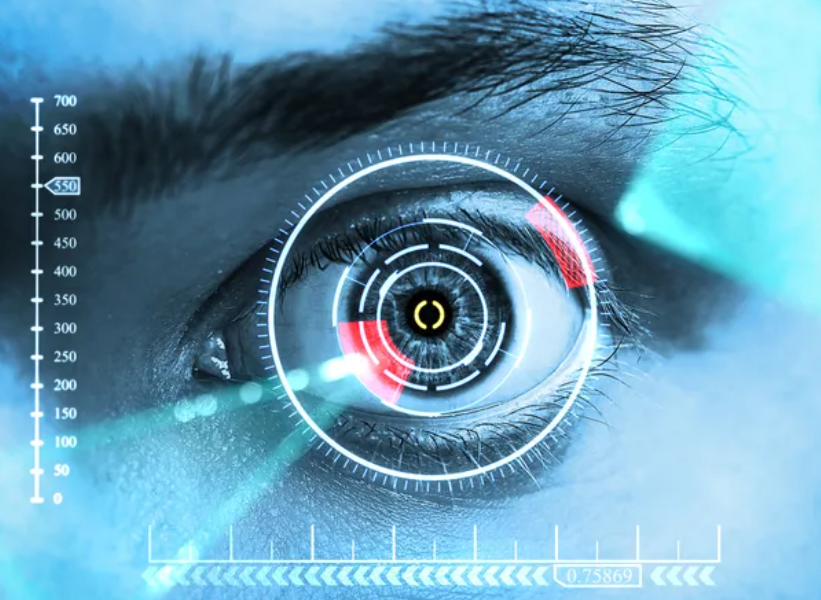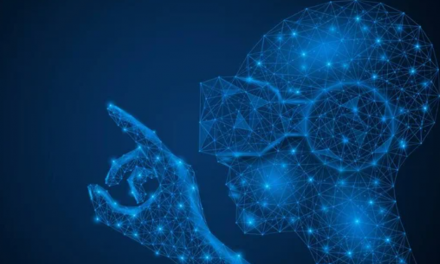The rapid advancement of artificial intelligence (AI) in recent years, as exemplified by the emergence of ChatGPT, has significantly impacted the tech industry, prompting major players like Google, Microsoft, and Meta to intensify their focus on AI development. This surge in AI technology has led to widespread use of AI chatbots, influencing how we interact online. With more people exploring AI’s capabilities, its influence in our daily digital lives is expected to increase dramatically.
Validating Proof of Personhood: How it works?
A key concern arising from this AI-driven online landscape is the difficulty in distinguishing between real human interactions and those generated by AI. Alex Blania, CEO and co-founder of Tools For Humanity, emphasized this issue in a discussion with investment firm FT Partners. He identified three main strategies to address the challenge of authenticating real human users online: KYC (know-your-customer) methods, a ‘web of trust’ system, and biometric solutions. Tools For Humanity, notably involved in the Worldcoin project, focuses on biometric authentication, using iris scans to verify individual identities online.
The concept of “Validating Proof of Personhood” becomes crucial in an internet filled with fake accounts and bots. Many experts believe AI’s rise will only intensify these issues. A major concern with biometric solutions is privacy and data security. People may hesitate to share sensitive personal or biometric data, especially given frequent data breaches.
Blockchain technology is proposed as a solution to these privacy concerns. According to Blania, blockchain’s decentralization is key. Blockchain provides a secure, distributed ledger system where data can be stored encrypted and decentralized, reducing the risks associated with centralized data control. This could enhance individuals’ control over their private information, contrasting with the data control exercised by corporations like Google or Amazon.
Raheel Govindji, CEO of ModClub, and Isaac Patka, co-founder of Shield3, both highlight the potential of blockchain in enhancing data privacy and security. Blockchain enables more control over personal data, potentially reducing risks like identity theft. However, Patka notes that decentralization doesn’t automatically equate to increased security; it mainly limits the extent of potential data breaches.
Projects like Worldcoin, OpenChat, and the Rarimo protocol are exploring blockchain-based solutions to authenticate individual identities online. The aim is to create a more secure, private, and human-centric digital environment, leveraging blockchain’s unique properties to assure the authenticity of online interactions and protect users’ digital identities.





